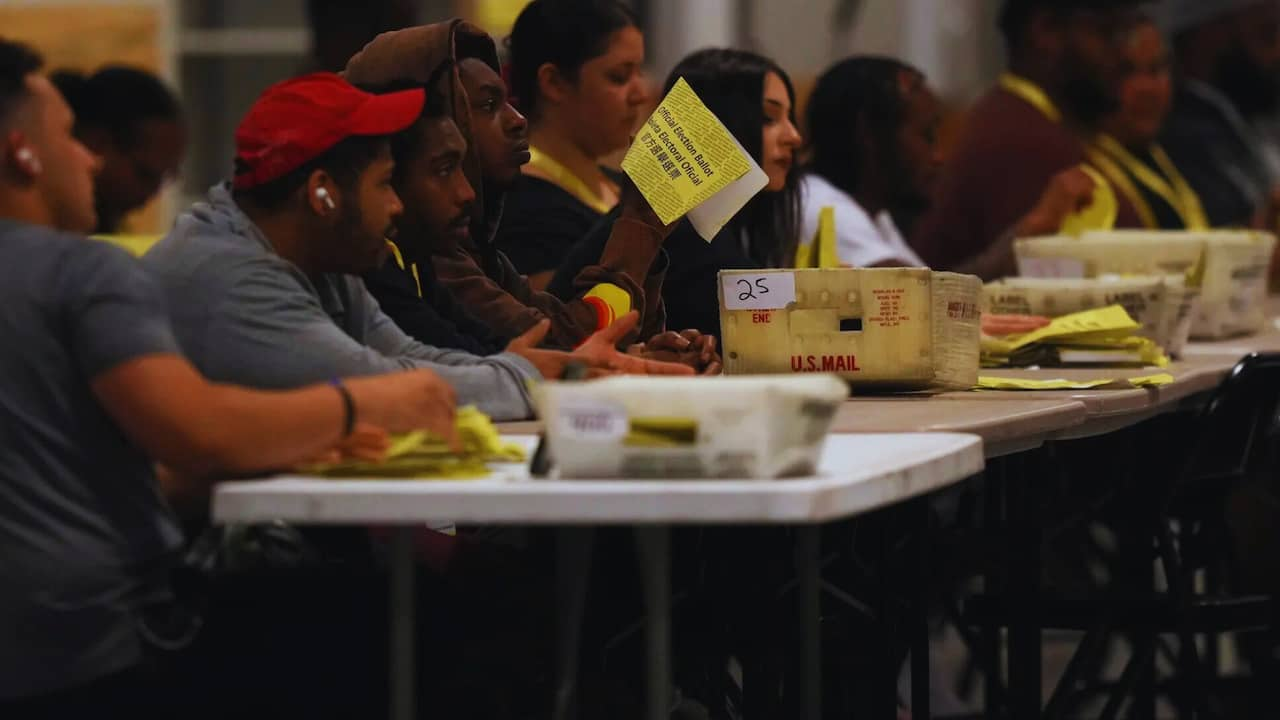Battleground Pennsylvania: Counties Defy Supreme Court in Election Ballot Showdown
Unprecedentedly, four Pennsylvania counties are defying a state Supreme Court ruling, potentially marking a pivotal moment for election integrity. The controversy centers around mail-in ballots with missing or incorrect dates—a seemingly small detail that’s sparked a major political firestorm.
Bob Casey, the Democratic incumbent senator, finds himself locked in a fierce recount battle with Republican challenger Dave McCormick, who currently holds a 21,000-vote lead. But the real story isn’t just about the numbers; it’s about local officials taking a bold stand against what they see as unnecessary rules.
The Rebel Counties
Election Commission Chairman Robert Harvie Jr., representing Bucks County, bluntly stated, “It is a pretty stupid thing to not count someone’s vote simply because they didn’t date an envelope for a ballot.” This straight talk from Harvie came as his board voted 2-1 to count 405 ballots that the state Supreme Court had ruled invalid.
But Bucks isn’t alone. Philadelphia, Centre, and Montgomery counties have joined the rebellion, each choosing to count ballots that lack proper dates on their outer envelopes. The state Supreme Court’s pre-election ruling rejecting such ballots contradicts these decisions.
The Legal Battle Heats Up
The McCormick campaign didn’t waste any time responding to these defiant moves. The McCormick campaign has already filed lawsuits against Bucks County and Philadelphia County, and the Republican National Committee has also joined the legal battle. Election officials know they will face legal challenges regardless of their decision, drawing clear battle lines.
A Deeper Look at the Numbers
The political makeup of these rebel counties tells an intriguing story:
- Philadelphia and Montgomery have a robust Democratic voter base.
- Bucks County: More registered Republicans than Democrats
- Centre County: The parties are nearly evenly split.
Why This Matters
This isn’t just about counting a few hundred ballots. It involves fundamental questions of election administration.
- Who has the final say in determining valid votes?
- Should technical requirements override voter intent?
- How much power should local election officials have?
Democratic member of the Bucks County board Diane M. Ellis-Marseglia bluntly stated, “I think we all know that precedent by a court doesn’t matter anymore in this country.” Her decision to count certain provisional ballots previously barred by court order shows just how far local officials are willing to go to challenge what they see as unnecessary barriers to voting.
What’s Next?
As Pennsylvania grapples with these challenges, the outcome could set important precedents for future elections. With the state’s 19 Electoral College votes often proving crucial in presidential races, the stakes couldn’t be higher.
The Republican Secretary of State, Al Schmidt, has stayed notably quiet on the matter, with his office pointing reporters to existing guidance on mail ballot procedures from September.
In the end, this story isn’t just about dated envelopes or technical requirements—it’s about the very nature of democracy and who gets to decide how votes are counted. As one election official put it, “There’s nothing more important than counting votes.”
The battle continues, and the nation watches as Pennsylvania once again finds itself at the center of America’s ongoing debate about election integrity and voter access.
